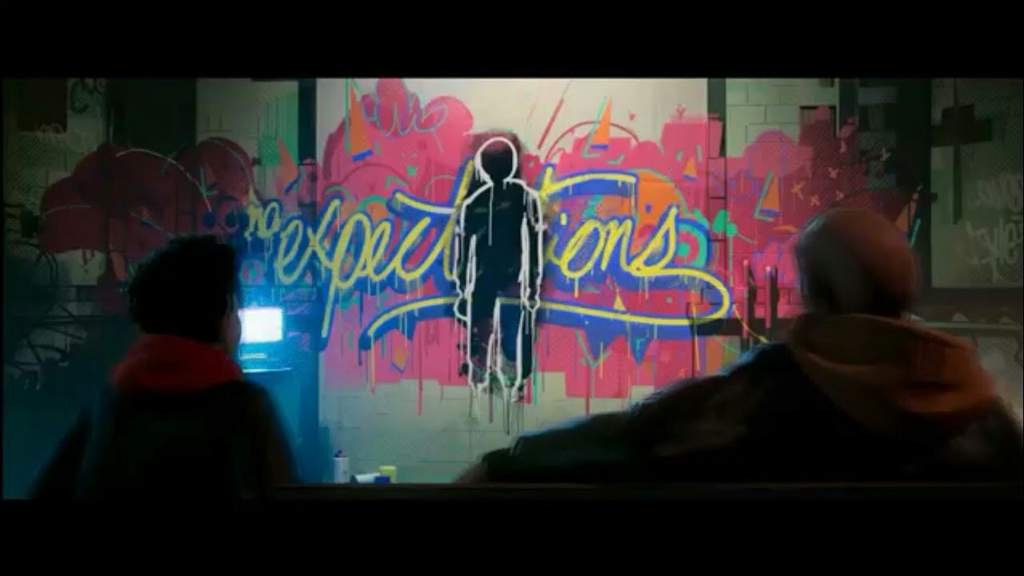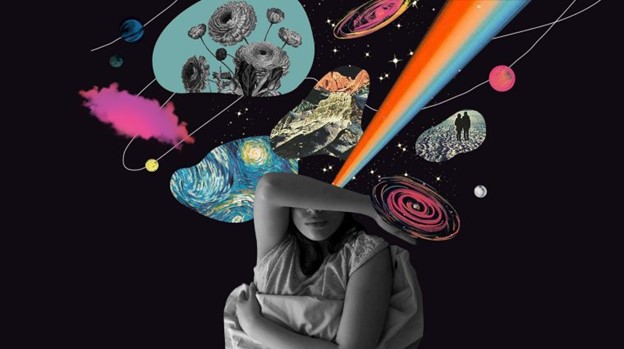How do you give your character real-life backgrounds, emotions, and problems like you and I go through? Your character is like us. That character should feel real, sound real, and act as if that person exists in the real world.
When you’re creating a superhero, sure, he/she may have the ability to fly high as a missile, run as fast as the speed of light, or have the strength to lift a tank. But if you only focus on that SIDE of your character, your character is hollow.
“To me, the human aspect of superheroes has always been, perhaps, the most important part. By that, I mean: okay, we assume your superhero might be extra-strong, or might be able to fly or run as fast a comet. But unless you care about the superhero’s personal life, you’re just reading a shallow story. Just because a person has a superpower doesn’t mean he might not have the same personal problems that you or I might have.” Stan Lee talking about the human side of superheroes in a TedTalk in 2013.
“If you have an idea that you genuinely think is good, don’t let some idiot talk you out of it” said Stan Lee at the 2017 graduation ceremony, “That doesn’t mean that every wild notion you come up with is gonna be genius.”
Whatever idea you have for your character and if you think it’s a good idea, go ahead and do it. Remember, you are writing the story and the character for yourself, for your interest. You might not impress everyone, but you will have people to support you. Look at Stan Lee. When he created Spider-Man everybody laughed at him, and when he published the character in the “last” story for their publication company, the sales BOOMED. The character of Spider-Man thrilled Stan, he thought he made a character that everybody would love, at first people doubted him, but now Spider-Man is a beloved character by everybody.
Don’t be afraid to write your character solutions that will make him/her look like a jerk or a coward in the beginning. Throughout the time, that character will learn through character development that you will have them go through.
“These are fictitious characters, the writer can do whatever he wants with them!” claims Stan Lee.
Look at this; what is a time when you struggled through something to learn something? When writing a story is personal, you know it’s going to work for the audience if it’s written right. When I’m writing a story, I try to put myself in the shoes of my character. What would I do in this situation? What would I do if I had powers? What would I do with them? When you’re a teenager with powers, what would that teenager do with his/her powers? Well, that depends on who that person is. What if he/she grew up in a bad environment? What if the character grew up being taught responsibility and respect?
There are a lot of questions to ask yourself to understand the character. But it depends on you. Allow the character to experience situations. To feel pain, love, joy, upset, anger. Put human emotions into your character to make him feel real. To make him/her relatable because of the human traits he/she has and goes through.
“Because I think you can only do your best work if you’re doing what you want to do and if you’re doing it the way you think it should be done and if you can take pride after what you’ve done it no matter what it is you can look at it and say I did that I think it’s pretty damn good that’s a great feeling so don’t let idiots talk to you out of something that you think is good. Just do your thing do it as well as you that’s the important thing don’t shirk whatever you do give it your best shot, you’ll be glad you did.” Stan Lee keynote at the 2017 graduation ceremony.
“Basically to me, a hero has to be somebody who will sacrifice or will take great chances to help others but still have human traits and still not be perfect when they become perfect they become dull.” Stan Lee in an interview with CNN’s Larry King in 2000.
As Stan Lee said, Don’t make your character PERFECT. If you make your character such a perfect person who doesn’t make mistakes, how can he/she be relatable? Humans make mistakes, let your character make mistakes. Some examples: some people take some things for granted, let your character take some things for granted. Some people suffer from their past, let your character go through that, and let your character be RELATABLE. I’m not saying you have to let your character go through these things, these are just examples.
Depending on your character on who he/she is, that also depends on the character development you’ll make him/her go through. If your character is prideful, humble him. If your character takes things for granted, take the important things away from him. If your character is doing something negative, punish him. Teach your character to make him a better person.
Give your character hobbies, interests, or a career choice he/she wants to make. What does your character like to do for fun? Who does your character want to be? When you choose an interest or a hobby your character loves to do, that helps to build him/her out easier. What is his/her personality? Stuff like that will help build out your character.







